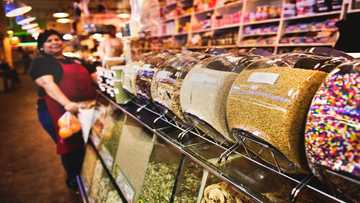Importance of food safety and sanitation
What is the importance of food safety and sanitation? This can be more significant than you think. You need to take care of your health cleaning all the food properly. Let's see more details.
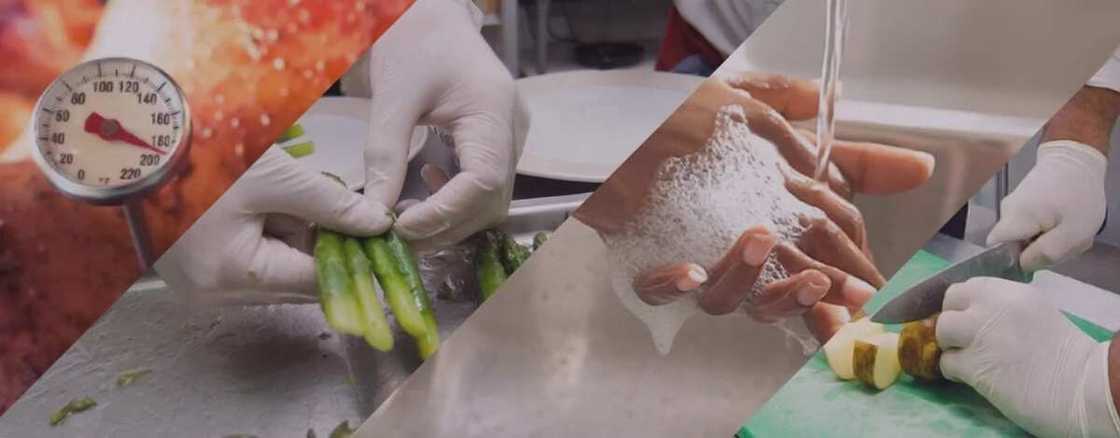
Importance of food safety hygiene and sanitation in Food Industry
Hygiene (from the Greek "geynos" - healthy) is a medical science that studies the interrelations and interaction of man and the environment, the influence of the environment on human health.
Sanitation (from Latin "sanitas" - health) is the science of the practical application of hygiene rules and requirements that eliminate the harmful influence on people. Hygiene and sanitation are closely related and mutually complementary.
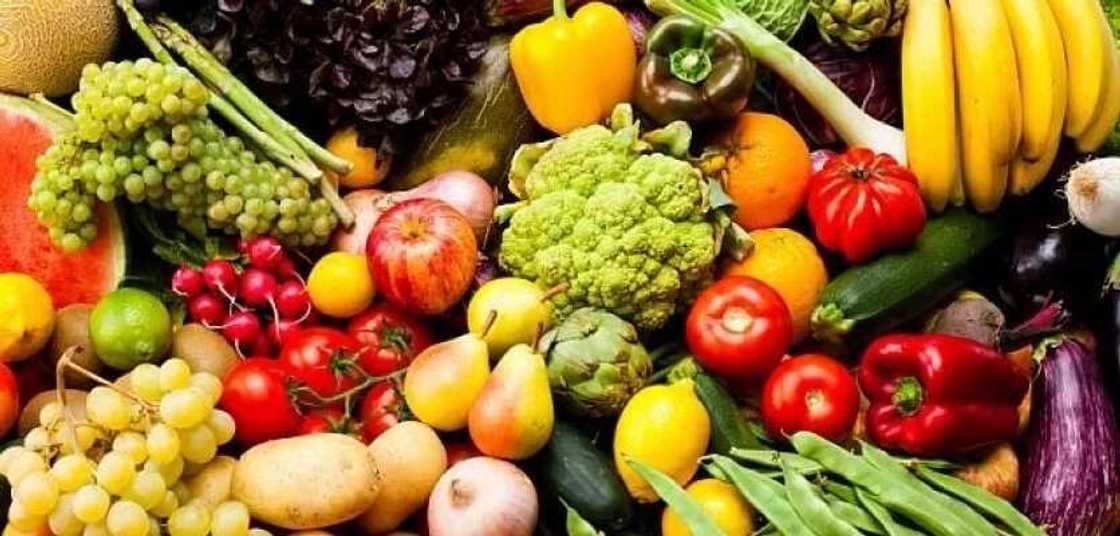
READ ALSO: FG starts food programme to limit malnutrition
The task of the food industry is to increase the production of food and improve its quality. To solve this task there are highly important points:
- conscientious work of specialists;
- competent skilled workers, who not only know the technology of food production but also the basics of microbiology;
- sanitation, and hygiene in the food industry.
Importance of food safety and sanitation in the foodservice industry
The quality and safety of food is an important task, not only for the food industry. The issue of quality and safety of food is highly vital for each person. The way we eat affects our health, working capacity, quality of life, and the health and life of future generations.
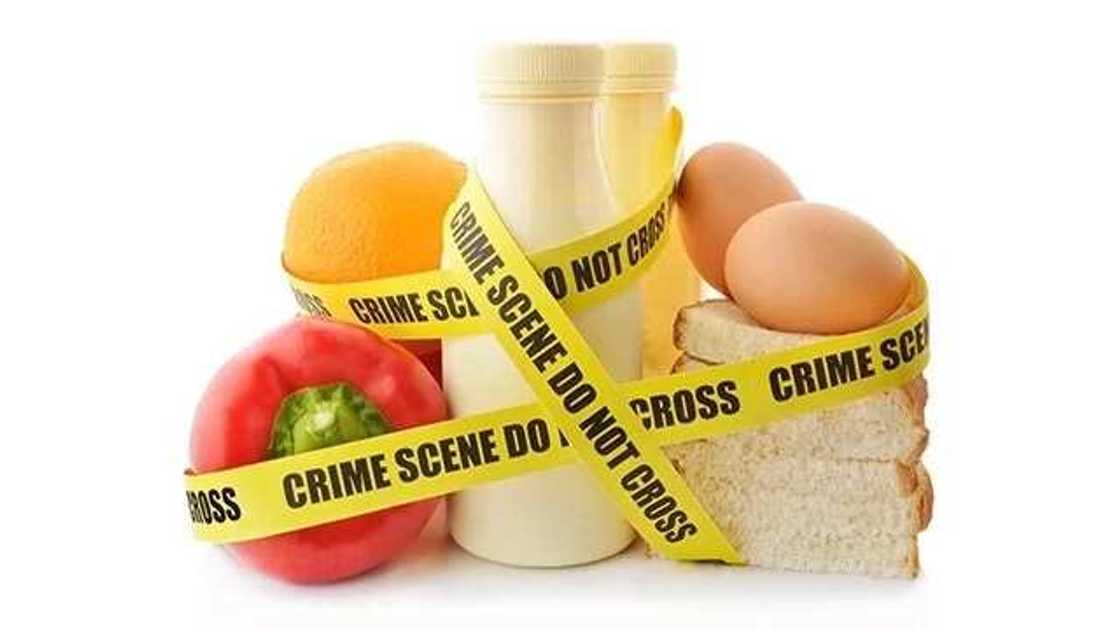
Quality assurance is a very capacious concept, containing a lot of questions, which affects the quality of the product at a particular stage of production and, in general, the final result. The system of quality management and food safety is developed as a complex of organizational measures that ensure quality, which ultimately affect the safety of food products.
The quality assurance system must meet the following conditions, in the production of food:
- Development of products in accordance with all requirements and standards that ensure the quality and safety of food products;
- There should be clear documentation that complies with the rules of the standard for each production and control operation;
- The powers and responsibilities of the producers are strictly regulated;
- The packaging and raw materials are also produced, supplied and used in accordance with special requirements;
- Control of intermediate products is received during the process and validation;
- Conducting control and verification of finished products in accordance with current legislation and existing standards;
- The existence of procedures for self-monitoring and quality audit, which regularly assess the effectiveness and suitability of the current quality assurance system.
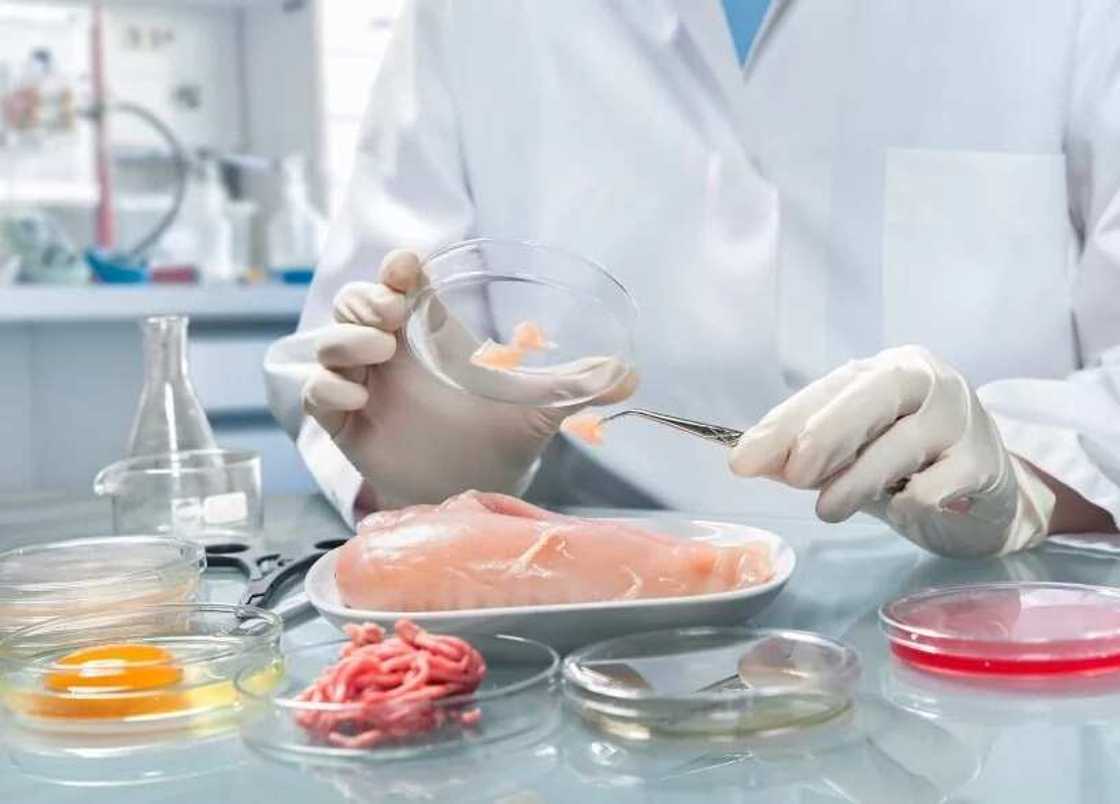
The emergence and development of a quality management and food safety system was the result of many years of experience in this industry. The most economically developed countries of the world use such systems without fail. This should be strictly controlled by the government.
Food safety management is necessary not only to increase profits from food production and reduce the risks of producing poor-quality products. The experience of many countries shows that the statistics of food poisoning of the population declines significantly.
The main foodborne diseases and their causes
As a rule, foodborne diseases are infectious diseases or intoxications caused by bacteria, viruses or chemicals that enter the body through contaminated water or food.

Pathogens of foodborne illness can cause acute diarrhea or depleting infections, including meningitis. Chemicals can lead to acute poisoning or chronic diseases, such as cancer. Diseases of food origin can cause long-term disability and death.
Importance of food safety is priority for public health
Unsafe food creates global health threats and poses a threat to the health of every person. Children, pregnant women, old people and people with a disease are the most vulnerable. Every year, 220 million children become infected with diarrheal diseases, and 96,000 children die because of it.
Unsafe food creates a vicious cycle of diarrhea and malnutrition, which jeopardizes the nutritional status of the most vulnerable population groups. In the absence of food security, people tend to switch to a less healthy diet and eat less safe foods, which poses a risk to their health due to the chemical, microbiological and other types of pollution characteristic of such foods.
Therefore, improving food safety is one of the most decisive factors for achieving the sustainable development goals of any country.
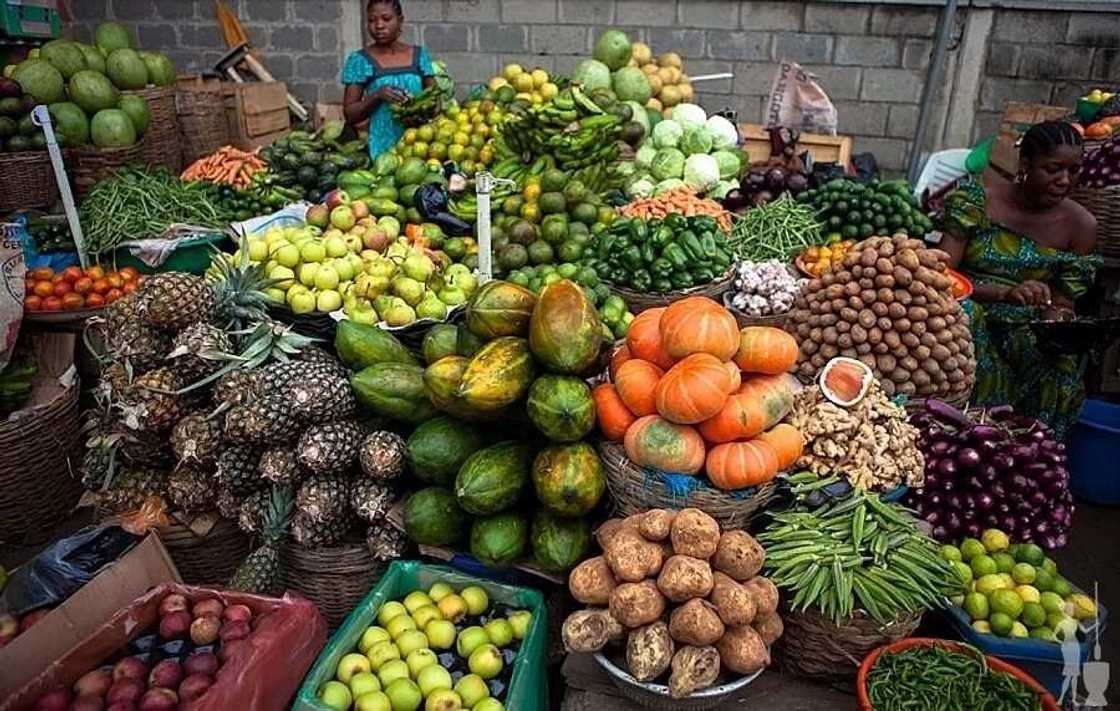
Countries should declare food safety as a priority public health problem, as it plays a key role in the development of policies and regulatory frameworks. Such security creates effective food safety systems that ensure responsible behavior of producers and suppliers throughout the food chain and consumers' access to safe food products.
Food contamination can occur at any stage in the supply chain, and the primary responsibility for ensuring safety lies on food producers. Nevertheless, in many cases, incidents related to foodborne diseases are the result of non-compliance with the rules for handling food at home, catering, and marketing.
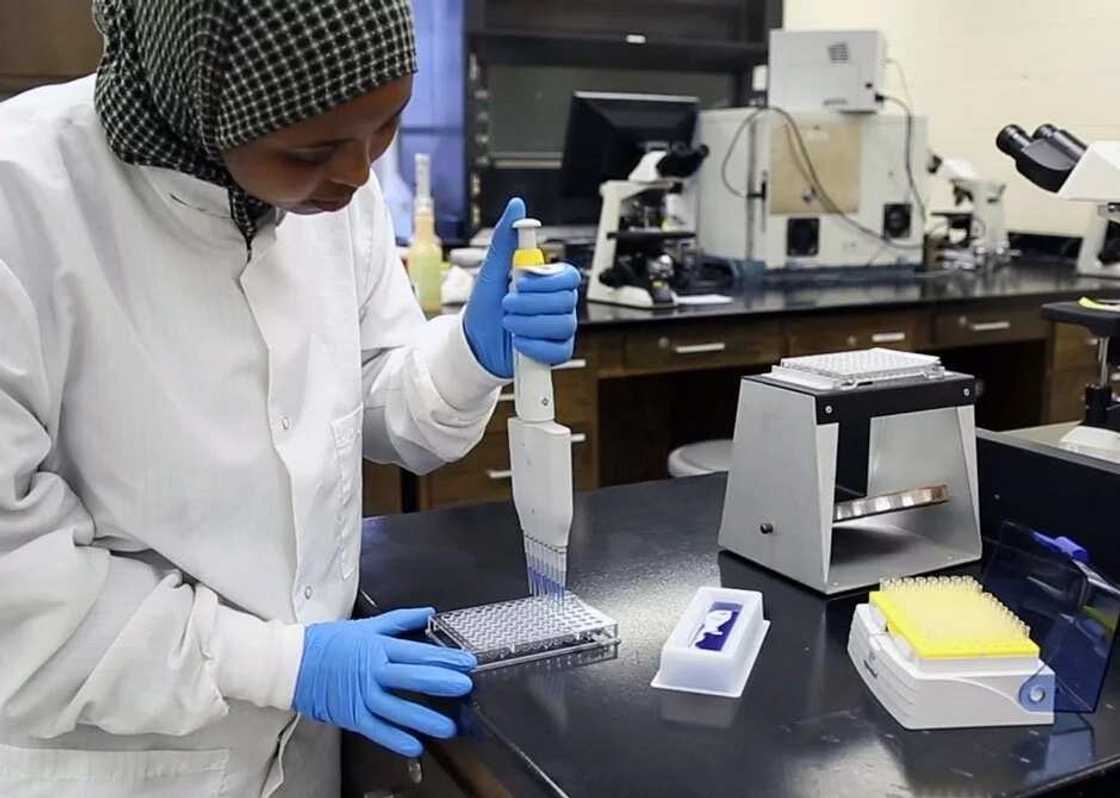
Not all food workers and consumers understand their role in protecting their own health and the health of members of the community as a whole and the need, to know basic hygiene rules while buying, selling and preparing food.
Providing food safety at home
Importance of food safety and quality at our home is not less than at any enterprise. There are several points to maintain:
- Personal hygiene
The easiest way to maintain hygiene is to wash your hands. You should wash your hands as often as possible. Hands play an important role in the transfer of microbes. Hand washing can reduce the number of microbes on them to a safe level.
- Maintaining the refrigeration chain
The maintenance of the refrigeration chain is understood as maintaining the temperature established by the product manufacturer until the product is consumed. Each link in the refrigeration chain, the product processor, the wholesaler and the store, must follow the storage conditions specified by the manufacturer, under which the manufacturer guarantees the safety and quality of the product for a certain period of time.

- Heat treatment
As a result of heat treatment of products (cooking, baking, etc.), you get a delicious meal, which, moreover, can be stored longer. In the course of heat treatment, microorganisms, as a rule, die in products, so it cannot cause their spoilage and lead to human diseases.
Food safety and quality are among number one tasks not only for the government but for every single person.
READ ALSO: 51 liters of fake champagne seized in Nigeria as worldwide crackdown continues
Source: Legit.ng




